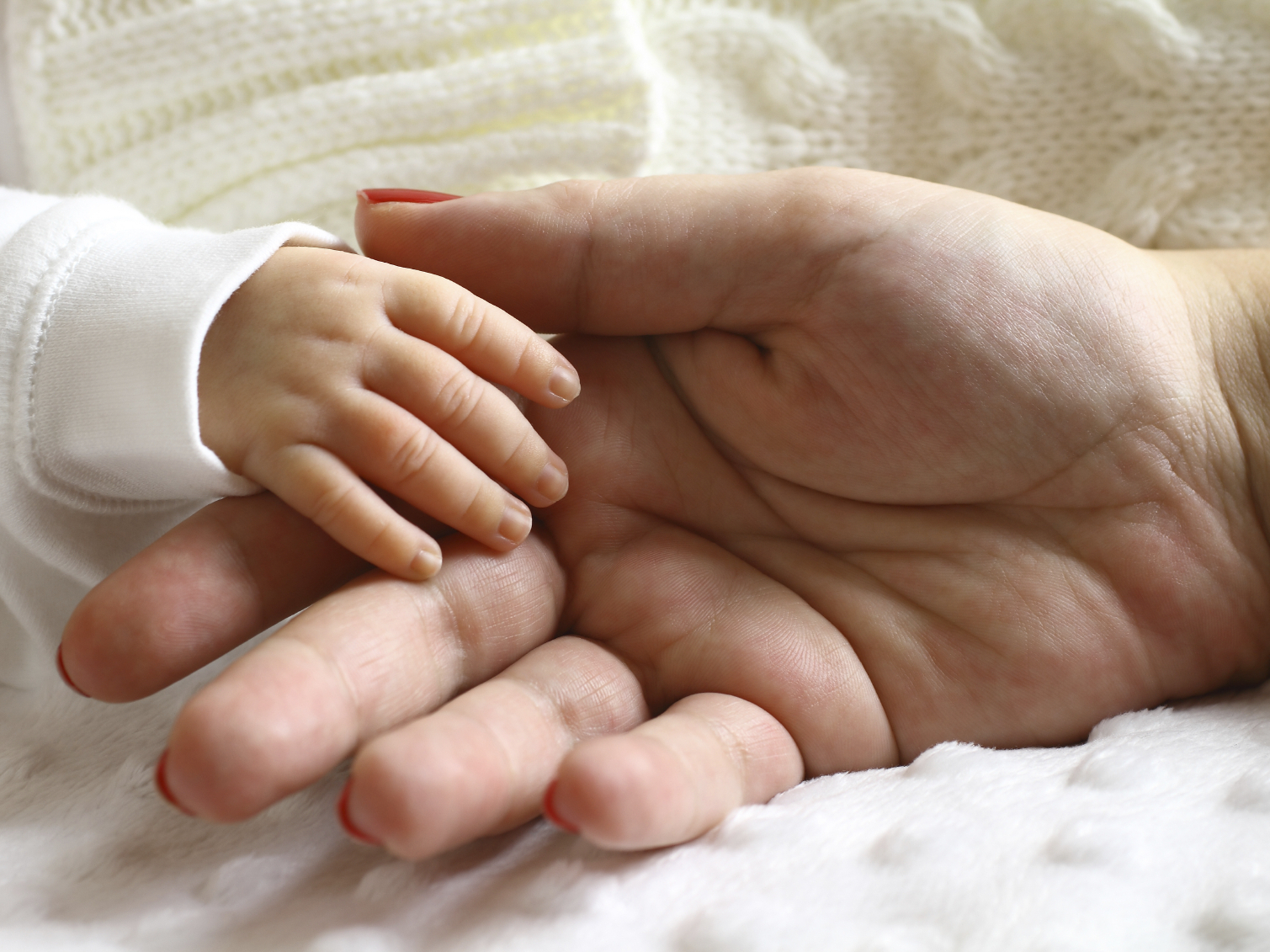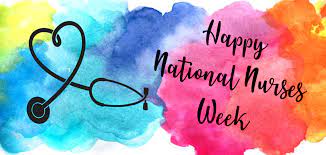Postpartum Depression

When a child is born, it is always expected that the child will bring joy to their mother and immediate family members. This, however, doesn't happen to all mothers.
After a woman has given birth, friends, and family usually pay a visit during which they sometimes observe different traits of the new mother which include, staring at the kid, hating themselves, and forgetting very important house and personal routines.
This, to family members and even the community, maybe wrongly interpreted because of societal expectations.
In reality, the mother may be suffering from postpartum depression especially if the signs have prolonged two weeks after birth.
According to an article from the office on women's health, postpartum depression is a serious mental illness that involves the brain and affects your behavior and physical health whereas a mother you may feel unconnected to your baby or might not love or care for the baby. One in nine new mothers usually has postpartum depression.
Health experts say there is no single cause of postpartum depression but genetics, physical changes, and emotional issues play a major role.
With genetics, it occurs if you have a family history of postpartum depression. Physical changes are associated with the dropping of hormones that may leave you feeling tired and depressed.
Emotional issues come along when you are sleep deprived and overwhelmed such that you may have trouble even handling minor issues.
Any new mother can get postpartum depression but the chances of getting it increases if:
Your baby has health problems or special needs where it's usually difficult for the mother to accept the outcome.
As a mother you have given birth to twins, triplets or other multiples where it may be overwhelming to handle all of them and meet their needs.
You are having problems in your relationship with your partner that may have probably led to domestic violence.
You have financial constraints such that you are not able to meet the needs of the baby and yours too.
The pregnancy was unplanned or unwanted where you find one was not prepared fully, among others.
To know if you or someone else has post partum depression, you can look out for some of the following signs and symptoms:
Depressed mood or severe mood swings.
Crying too much.
Difficulty bonding with the baby.
Withdrawing from family and friends.
Inability to sleep.
Intense irritability and anger.
Fear that you're not a good mother.
Feelings of worthlessness, shame, guilt or inadequacy.
Thoughts of harming yourself or your baby.
Recurring thoughts of death or suicide, among others.
With post partum depression, you can receive treatment through talk therapy or medications.
Talk therapy helps one communicate what they are feeling and therefore it becomes easier for them to receive help. With medications, a health care provider may recommend anti- depressants that will help you deal with your emotions and at the same time not affect your breast milk.
BY MARGARET MUGO
Tags: Signstv Postpartum Depression New Mother


